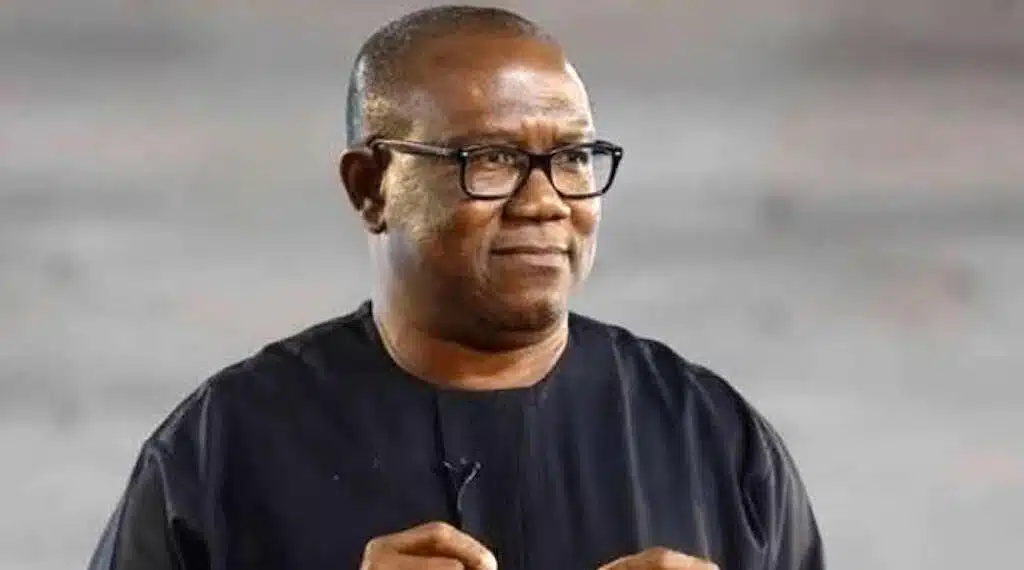Labour Party presidential candidate Peter Obi has strongly condemned the federal government’s introduction of a 5% tax on refined fossil fuel sales, describing it as an additional burden on already struggling Nigerians.
The former Anambra State governor expressed his displeasure in a statement posted on his social media platform late Wednesday, questioning the timing of the new levy on petrol and diesel purchases.
Obi argued that the fuel tax is particularly insensitive given that millions of Nigerians can barely afford basic transportation costs. He criticized the government for imposing fresh financial burdens instead of providing relief to citizens facing economic hardship.
“Nigerians will pay a 5% tax when buying their everyday fuel or diesel at a time when millions can hardly even afford the cost of transportation,” Obi stated, highlighting the contradiction between government revenue claims and citizen welfare.
The Labour Party leader pointed to President Tinubu’s recent boast about Nigeria meeting its annual revenue targets, questioning why additional taxes are necessary if government finances are performing well.
“Mr. President just yesterday boasted that Nigeria has met its revenue target for the year. Yet instead of easing hardship, the government imposes more burden on Nigerians,” he observed.
Obi also criticized the government’s handling of the Compressed Natural Gas (CNG) alternative, noting that prices have nearly doubled from approximately N230 to N450, while promised subsidies have disappeared without explanation.
“Even the so-called alternative, CNG, has become unaffordable, rising from about N230 to N450, while the promised subsidies on the CNG have quietly vanished,” he remarked.
The former presidential candidate argued that if government revenues are truly “excessive” as claimed by the administration, priority should be given to funding essential services like education and healthcare, as well as poverty reduction programs.
“If our revenues are truly ‘excessive’ as claimed, should they not first be used to fund education, healthcare, and pulling Nigerians out of poverty? Why tax citizens who cannot even breathe anymore?” Obi questioned.
He suggested that the new fuel tax should have been postponed until Nigerians begin experiencing tangible improvements in their living conditions based on the administration’s numerous promises.
Concluding his criticism, Obi emphasized that effective leadership should focus on reducing citizen suffering rather than adding to their burdens. “Leadership is not about giving a burden but reducing suffering, and about care and compassion,” he stated.
The new 5% tax on refined fossil fuels comes amid ongoing economic challenges facing Nigerian households, including high inflation rates and increased living costs across various sectors.

















